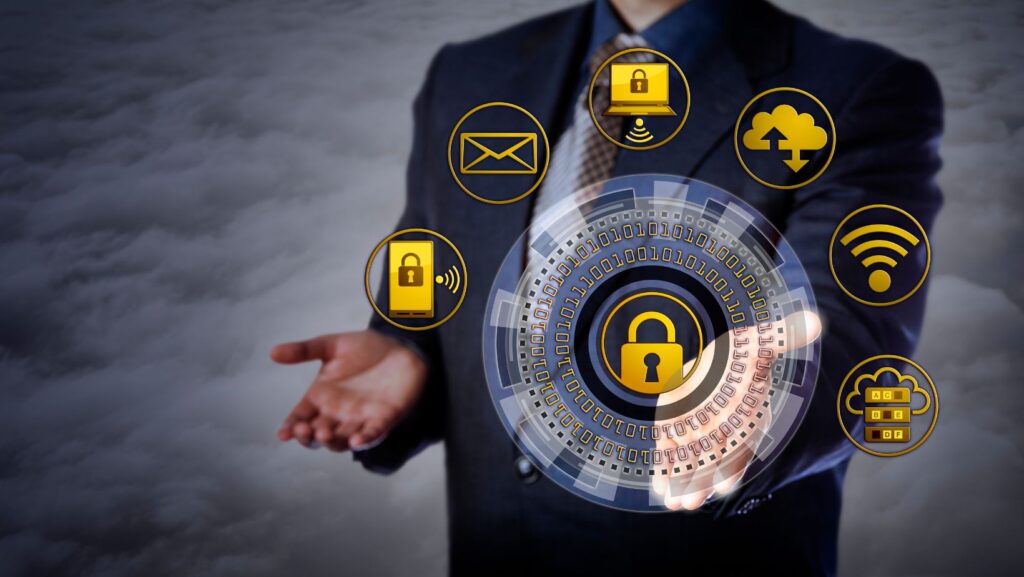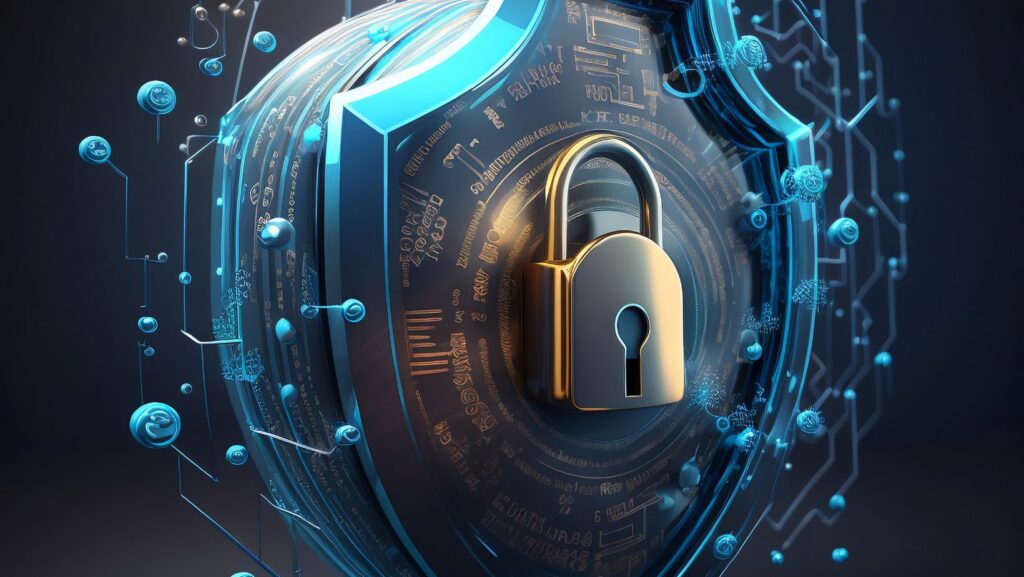Cybersecurity threats are becoming more sophisticated and frequent in today’s rapidly evolving digital landscape. Organizations face a relentless barrage of cyber-attacks, ranging from malware and ransomware to sophisticated phishing schemes and zero-day exploits. Traditional security measures often do not combat these dynamic threats, necessitating a more proactive and comprehensive approach. This is where Managed Detection and Response (MDR) services come into play. MDR offers organizations a robust solution to enhance their security posture by providing advanced threat detection, rapid response capabilities, and continuous monitoring. This article explores the myriad benefits of MDR, highlighting its significance in the modern cybersecurity ecosystem.
Enhanced Threat Detection
One of the primary benefits of MDR is its ability to provide enhanced threat detection. Traditional security solutions, such as firewalls and antivirus programs, often rely on signature-based detection methods that can miss new or unknown threats. In contrast, MDR services leverage advanced technologies, including artificial intelligence (AI) and machine learning (ML), to identify and analyze anomalous behavior within an organization’s network. This proactive approach enables the detection of sophisticated threats that might otherwise go unnoticed. By continuously monitoring network activity and correlating data from various sources, MDR providers can identify potential security incidents before they escalate into major breaches.
Rapid Incident Response
Speed is critical in cybersecurity. The faster an organization can respond to a security incident, the less damage it is likely to incur. Managed Detection and Response services offer rapid incident response capabilities, which are essential for mitigating the impact of a cyber-attack.

When a potential threat is detected, MDR teams can quickly investigate and determine the nature and severity of the incident. They utilize pre-established protocols and response strategies to contain and remediate the threat efficiently. This swift action helps minimize downtime, reduces the risk of data loss, and ensures business continuity. Furthermore, the expertise of MDR professionals in handling complex security incidents adds a layer of assurance that in-house teams might not be able to provide.
24/7 Monitoring and Support
Cyber threats do not adhere to a 9-to-5 schedule; they can strike at any time. MDR services provide round-the-clock monitoring and support, ensuring that an organization’s network is continuously protected. This 24/7 vigilance is crucial for early detection and response to security incidents. MDR teams employ a combination of automated tools and human expertise to monitor network traffic, analyze security alerts, and respond to potential threats in real-time. This constant oversight not only enhances security but also provides peace of mind to business leaders, knowing that their organization is being protected around the clock.
Access to Advanced Security Expertise
Not all organizations have the resources or capability to build and maintain a comprehensive cybersecurity team. MDR services bridge this gap by offering access to advanced security expertise. MDR providers employ highly skilled security professionals with extensive experience in threat detection, incident response, and risk management. These experts stay abreast of the latest threat intelligence and cybersecurity trends, ensuring that their clients benefit from cutting-edge security practices. By partnering with an MDR provider, organizations can leverage this expertise without the need to invest heavily in hiring and training their own cybersecurity personnel.
Cost-Effective Security Solutions
Implementing a robust cybersecurity infrastructure can be costly, particularly for small and medium-sized enterprises (SMEs). MDR services offer a cost-effective alternative to building an in-house security operations center (SOC).

By outsourcing detection and response functions to an MDR provider, organizations can reduce the financial burden associated with cybersecurity. MDR services are typically offered on a subscription basis, allowing businesses to budget for security expenses more predictably. Additionally, the cost savings associated with preventing data breaches, minimizing downtime, and avoiding regulatory fines further enhance the value proposition of MDR services.
Conclusion
In an era where cyber threats are continually evolving, organizations must adopt proactive measures to protect their digital assets. Managed Detection and Response (MDR) services provide a comprehensive solution for enhancing cybersecurity by offering advanced threat detection, rapid incident response, continuous monitoring, access to expert knowledge, and cost-effective security solutions. By leveraging the benefits of MDR, organizations can strengthen their security posture, safeguard sensitive information, and ensure business continuity in the face of an ever-changing threat landscape. As cyber threats become more sophisticated, the role of MDR in a robust cybersecurity strategy will only continue to grow in importance.



